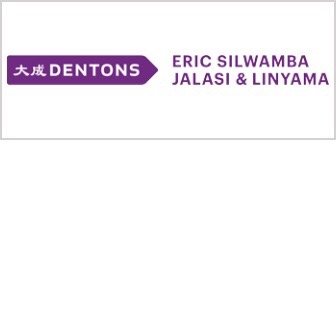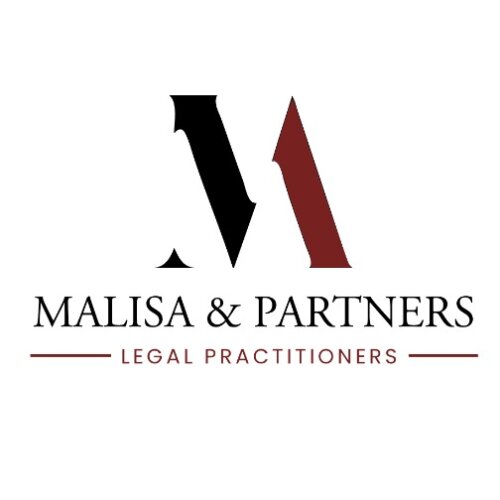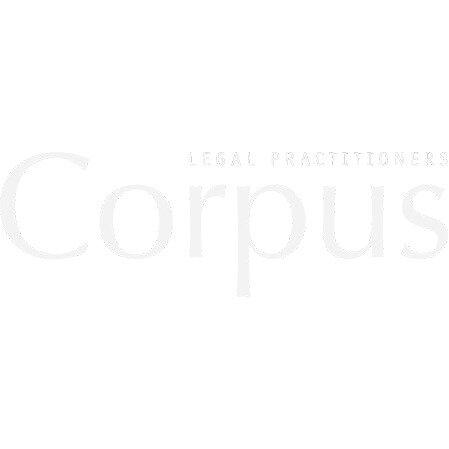Best Art & Cultural Property Law Lawyers in Lusaka
Share your needs with us, get contacted by law firms.
Free. Takes 2 min.
List of the best lawyers in Lusaka, Zambia
About Art & Cultural Property Law in Lusaka, Zambia
Art & Cultural Property Law in Lusaka, Zambia, deals with the legal frameworks that govern the creation, protection, ownership, and transfer of art and cultural objects. This includes a wide range of artistic expressions and culturally significant artifacts which may hold historical importance. Zambia is rich in cultural heritage, and this area of law seeks to protect and preserve these cultural assets while facilitating their legitimate trade and display. The legal system aims to balance the rights of creators and owners with the country's interest in preserving its cultural property.
Why You May Need a Lawyer
There are several scenarios where you might need legal assistance in the realm of Art & Cultural Property Law. These include:
- Negotiating sales or licensing agreements for art or cultural properties.
- Resolving disputes regarding the ownership or provenance of artworks.
- Securing intellectual property rights for artists or owners.
- Dealing with cases of theft or illegal exportation of cultural artifacts.
- Understanding and complying with national and international regulations affecting cultural property.
Local Laws Overview
In Lusaka, several key pieces of legislation govern Art & Cultural Property Law. These include:
- The National Museums Board Act: This act regulates the functioning and management of museums and other cultural institutions, ensuring the protection and preservation of Zambia's cultural heritage.
- The National Heritage Conservation Commission Act: This act provides the framework for the preservation and management of heritage sites and artifacts within Zambia.
- Cultural Policy of Zambia: This policy outlines the government’s approach toward safeguarding cultural property and promoting cultural industries.
- International Conventions: As a member of UNESCO, Zambia is subject to international conventions aimed at the protection of cultural property, such as the 1970 UNESCO Convention on the means of prohibiting and preventing the illicit import, export and transfer of ownership of cultural property.
Frequently Asked Questions
What is considered cultural property in Zambia?
Cultural property in Zambia includes tangible goods like artifacts, crafts, natural and manmade sites of historical significance, and fine arts that hold cultural, historical, or archaeological importance.
How can I prove the legal ownership of a piece of art?
Ownership can be proved through documentation such as purchase receipts, certificates of authenticity, previous sales records, and any registration with relevant authorities.
What should I do if I discover a cultural artifact on my property?
If you find a cultural artifact on your property, it is recommended to report it to the National Heritage Conservation Commission to ensure proper assessment and protection.
Are there special considerations for the export of cultural property?
Yes, exporting cultural property requires compliance with national laws and possibly obtaining permits or approvals from the relevant cultural authorities to ensure the artifact is not unlawfully removed from the country.
How are art disputes typically resolved in Zambia?
Disputes may be resolved through negotiation, mediation, arbitration, or litigation, depending on the circumstances and the parties involved, often under the guidance of legal professionals specialized in this field.
Can artists obtain legal protections for their work?
Yes, artists can secure intellectual property protections such as copyrights to defend their works from unauthorized use or reproduction.
Is it possible to insure art and cultural property?
Yes, insurance policies are available to protect art and cultural property from potential risks such as theft, damage, or loss.
What international protections apply to Zambian cultural property?
International protections include treaties such as the UNESCO Conventions, which facilitate the protection of cultural property on a global scale.
What rights do tribal communities have over their traditional art and artifacts?
Tribal communities have rights over their traditional arts and artifacts, which are protected by national laws reflecting cultural preservation and dignity.
Where can I seek more information on cultural property regulations?
The National Heritage Conservation Commission and relevant museums can provide detailed information and support regarding cultural property laws and regulations.
Additional Resources
For more information and assistance, consider reaching out to these resources:
- National Museums Board: Provides guidance on museum regulations and artifact preservation.
- National Heritage Conservation Commission: Responsible for heritage protection and can offer insights into relevant local laws and policies.
- Zambian Association of Museums and Monuments: Offers additional support and resources related to cultural heritage and art.
- Intellectual Property and Companies Registration Agency (PACRA): Useful for registering intellectual property rights associated with art.
Next Steps
If you need legal assistance in Art & Cultural Property Law, you should:
- Identify and contact a lawyer with expertise in art and cultural property law in Lusaka. They can provide personalized advice and help navigate complex legal frameworks.
- Gather all relevant documentation such as ownership papers, purchase receipts, and any correspondence related to your legal issue.
- Be prepared to discuss your situation in detail with your lawyer to ensure they have all the necessary information to provide effective representation.
Lawzana helps you find the best lawyers and law firms in Lusaka through a curated and pre-screened list of qualified legal professionals. Our platform offers rankings and detailed profiles of attorneys and law firms, allowing you to compare based on practice areas, including Art & Cultural Property Law, experience, and client feedback.
Each profile includes a description of the firm's areas of practice, client reviews, team members and partners, year of establishment, spoken languages, office locations, contact information, social media presence, and any published articles or resources. Most firms on our platform speak English and are experienced in both local and international legal matters.
Get a quote from top-rated law firms in Lusaka, Zambia — quickly, securely, and without unnecessary hassle.
Disclaimer:
The information provided on this page is for general informational purposes only and does not constitute legal advice. While we strive to ensure the accuracy and relevance of the content, legal information may change over time, and interpretations of the law can vary. You should always consult with a qualified legal professional for advice specific to your situation.
We disclaim all liability for actions taken or not taken based on the content of this page. If you believe any information is incorrect or outdated, please contact us, and we will review and update it where appropriate.













